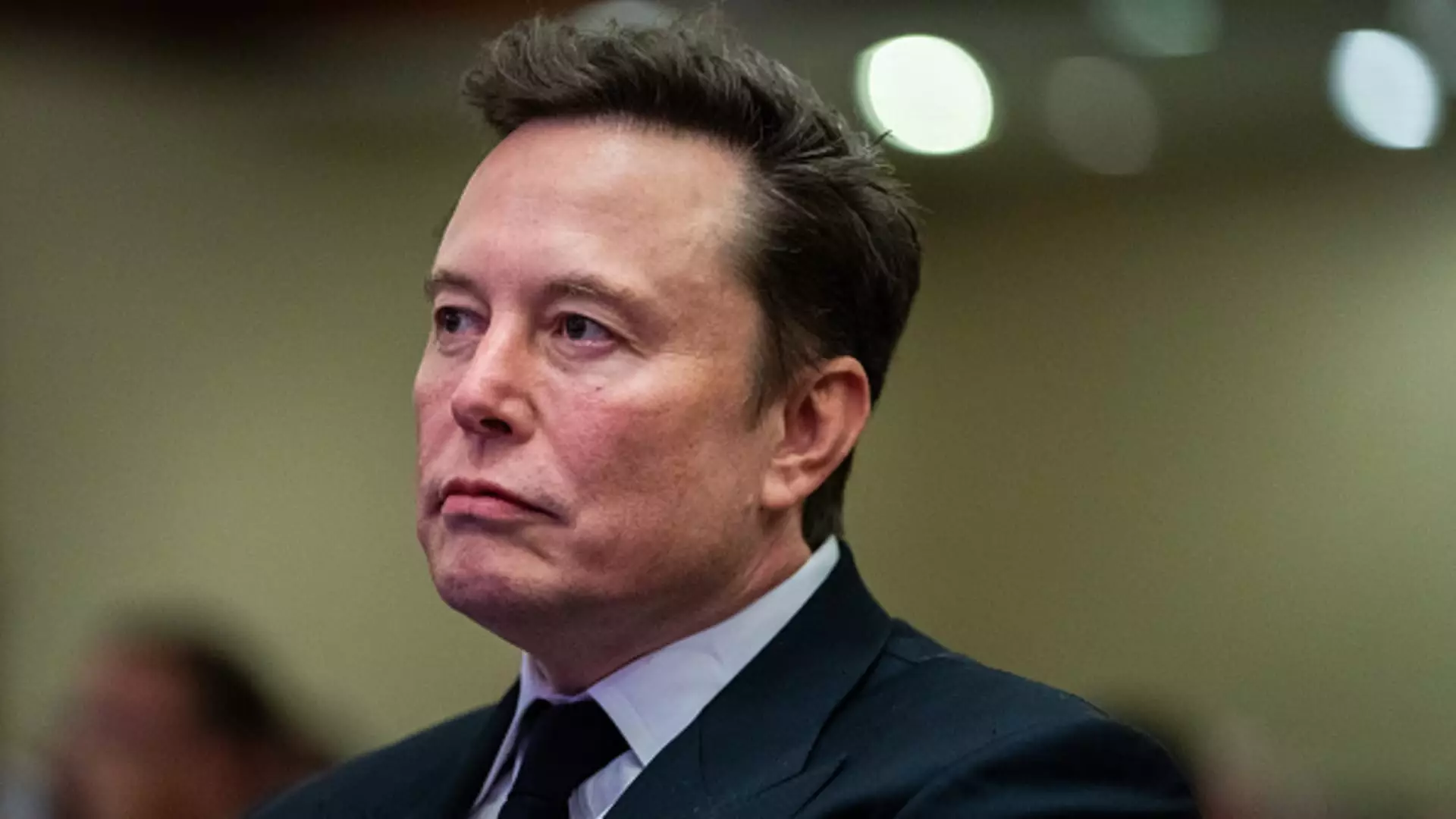In a significant legal turn for Tesla and its CEO Elon Musk, a Delaware judge has upheld a prior ruling that invalidated Musk’s 2018 compensation package. Valued at an astonishing $56 billion, this plan was not only unprecedented in scale but also raised numerous ethical and governance questions. The case underscores the complex dynamics within corporate governance, especially concerning executive pay and the boundaries of board oversight. Musk’s attempts to reinstate the compensation package were firmly rejected, as the court deemed the granting of such a plan to be fundamentally flawed.
The ruling was handed down by Chancellor Kathaleen McCormick, who concluded that Musk had wielded excessive control over Tesla. This individual control compromised the board’s ability to negotiate the terms of the compensation fairly. The court found that the process leading to the pay package’s approval was riddled with issues, essentially allowing Musk to dictate terms rather than engaging in a constructive negotiation. This raises vital questions about the role of corporate boards and their ability to act independently in the best interests of shareholders.
Tesla’s response to the court’s ruling included planning an appeal, which Musk characterized as “absolute corruption” in a social media post. Such assertions reflect the ongoing tensions between Musk, Tesla’s board, and the legal system. While Musk and his team sought to leverage the outcome of a subsequent shareholder vote—where investors were asked to ratify the controversial pay plan—Chancellor McCormick explicitly ruled that the vote could not alter the court’s previous decision. Her reasoning highlighted a critical legal principle: allowing defeated parties to introduce new evidence post-judgment could lead to endless litigation cycles, undermining judicial efficiency.
The court’s decision reinforces the idea that shareholder interests and transparency must take precedence over executive ambitions. In the current climate, where executive pay is frequently scrutinized, the ruling could serve as a cautionary tale for other corporations regarding their governance practices. This case’s implications extend beyond Tesla, potentially influencing how other boards structure executive compensation and manage conflicts of interest.
Financial Gains Amid Legal Turmoil
Despite the legal setback related to his compensation, Musk has seen a remarkable increase in his overall net worth. His fortune surged, largely attributed to the recent uptick in Tesla’s stock value following the November elections. This increase in wealth accentuates an intriguing irony: while Musk may have faced considerable professional challenges concerning his pay package, the financial markets have soared in confidence, driven by optimism surrounding his alignment with the incoming presidential administration.
Musk’s net worth, bolstered by his holdings in Tesla, is now estimated at over $150 billion, underscoring the volatility and potential for extraordinary wealth within tech and automotive industries. The mystique surrounding Musk’s leadership style and business decisions continues to captivate both investors and the public. However, this scenario also poses a critical inquiry into the sustainability of such wealth accumulation when juxtaposed against the backdrop of legal challenges and ethical governance concerns.
In response to these legal challenges, Musk’s dissatisfaction with the Delaware court prompted Tesla to reincorporate in Texas, as well as SpaceX, which hints at a broader corporate trend where companies seek more favorable jurisdictions. Texas has emerged as a favorable landscape for tech companies, partly due to its business-friendly climate. This trend raises further questions regarding the implications of state laws on corporate governance and the overarching influence of where companies choose to incorporate.
As we reflect on this unfolding saga, it is clear that Musk’s charismatic leadership and innovative vision for Tesla command immense support. However, the ongoing legal issues related to executive pay highlight the need for robust corporate governance mechanisms that ensure accountability and transparency. The implications of this ruling will undoubtedly resonate within corporate boardrooms far beyond Silicon Valley, as businesses strive to balance innovation with ethical considerations in an increasingly competitive landscape. The question remains: how will the narrative of executive compensation evolve in light of these developments, and what precedent will this case set for the future of corporate governance?


Leave a Reply
You must be logged in to post a comment.